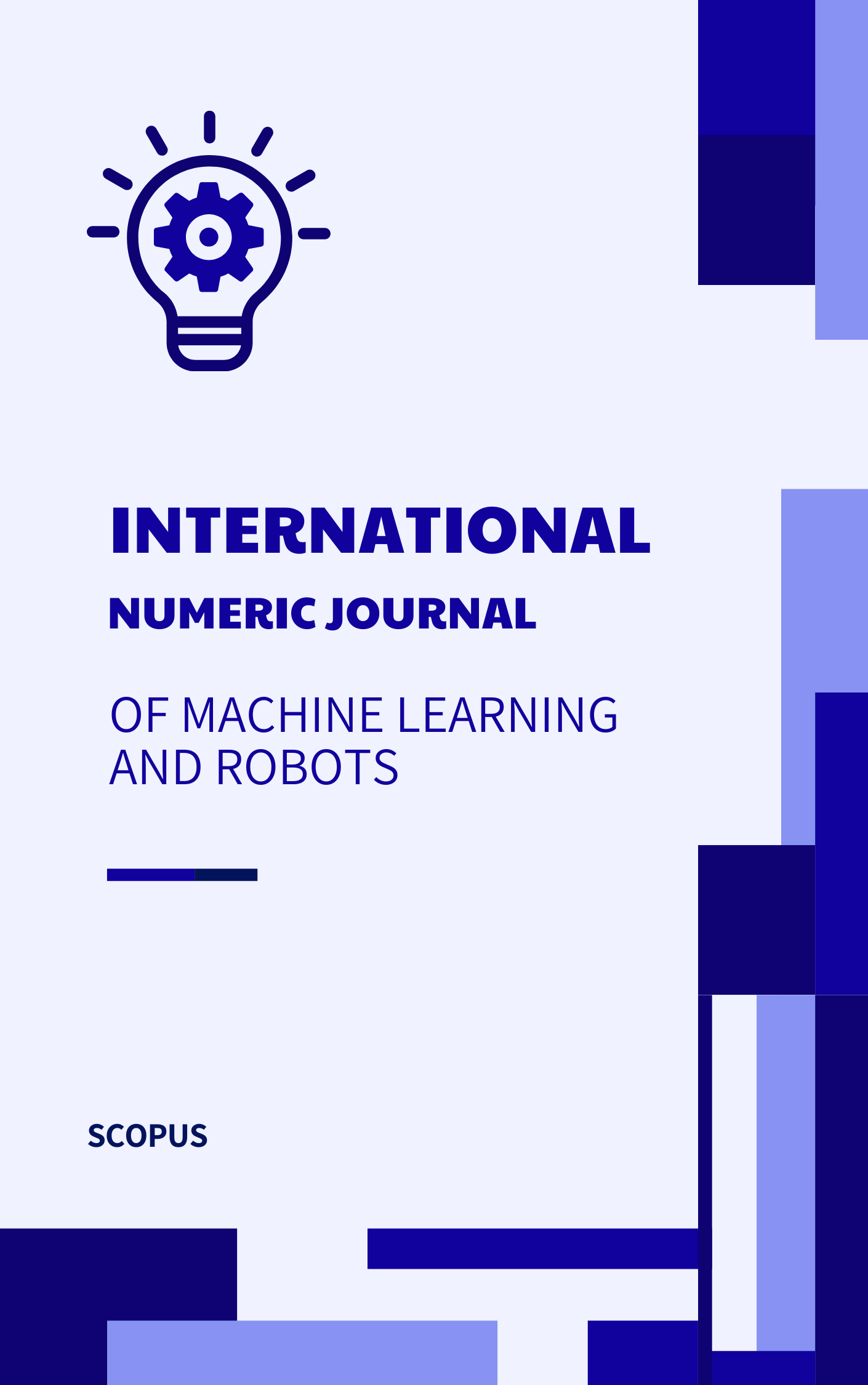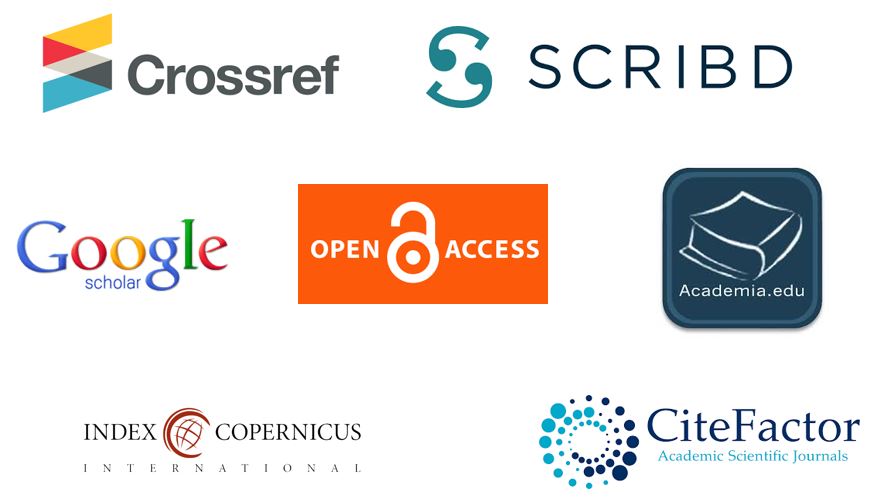Deep Reinforcement Learning for Autonomous Drones
Abstract
Autonomous drones have gained significant attention for various applications, such as surveillance, package delivery, and environmental monitoring. To enable these drones to navigate complex and dynamic environments effectively, the application of deep reinforcement learning (DRL) has emerged as a promising approach. This abstract provides an overview of the state-of-the-art research on DRL for autonomous drones and its potential impact on a wide range of industries.
This paper begins by introducing the key concepts of deep reinforcement learning, emphasizing the utilization of neural networks to learn and optimize drone control policies. It then delves into the challenges of autonomous drone navigation, including obstacle avoidance, path planning, and real-time decision-making. The abstract highlights the importance of leveraging DRL techniques to address these challenges.
References
Mnih, V., et al. (2015). "Human-level control through deep reinforcement learning." Nature, 518(7540), 529-533.
Lillicrap, T. P., et al. (2016). "Continuous control with deep reinforcement learning." arXiv preprint arXiv:1509.02971.
Abbeel, P., & Ng, A. Y. (2004). "Apprenticeship learning via inverse reinforcement learning." Proceedings of the twenty-first international conference on Machine learning.
Zhu, Y., et al. (2017). "Target-driven visual navigation in indoor scenes using deep reinforcement learning." Proceedings of the IEEE Conference on Computer Vision and Pattern Recognition.
Giusti, A., et al. (2016). "A machine learning approach to visual perception of forest trails for mobile robots." IEEE Robotics and Automation Letters, 1(2), 661-667.
Chaitanya Krishna Suryadevara, “TOWARDS PERSONALIZED HEALTHCARE - AN INTELLIGENT MEDICATION RECOMMENDATION SYSTEM”, IEJRD - International Multidisciplinary Journal, vol. 5, no. 9, p. 16, Dec. 2020.
Suryadevara, Chaitanya Krishna, Predictive Modeling for Student Performance: Harnessing Machine Learning to Forecast Academic Marks (December 22, 2018). International Journal of Research in Engineering and Applied Sciences (IJREAS), Vol. 8 Issue 12, December-2018, Available at SSRN: https://ssrn.com/abstract=4591990
Suryadevara, Chaitanya Krishna, Unveiling Urban Mobility Patterns: A Comprehensive Analysis of Uber (December 21, 2019). International Journal of Engineering, Science and Mathematics, Vol. 8 Issue 12, December 2019, Available at SSRN: https://ssrn.com/abstract=4591998
Chaitanya Krishna Suryadevara. (2019). A NEW WAY OF PREDICTING THE LOAN APPROVAL PROCESS USING ML TECHNIQUES. International Journal of Innovations in Engineering Research and Technology, 6(12), 38–48. Retrieved from https://repo.ijiert.org/index.php/ijiert/article/view/3654
Chaitanya Krishna Suryadevara. (2020). GENERATING FREE IMAGES WITH OPENAI’S GENERATIVE MODELS. International Journal of Innovations in Engineering Research and Technology, 7(3), 49–56. Retrieved from https://repo.ijiert.org/index.php/ijiert/article/view/3653
Chaitanya Krishna Suryadevara. (2020). REAL-TIME FACE MASK DETECTION WITH COMPUTER VISION AND DEEP LEARNING: English. International Journal of Innovations in Engineering Research and Technology, 7(12), 254–259. Retrieved from https://repo.ijiert.org/index.php/ijiert/article/view/3184
Chaitanya Krishna Suryadevara. (2021). ENHANCING SAFETY: FACE MASK DETECTION USING COMPUTER VISION AND DEEP LEARNING. International Journal of Innovations in Engineering Research and Technology, 8(08), 224–229. Retrieved from https://repo.ijiert.org/index.php/ijiert/article/view/3672





